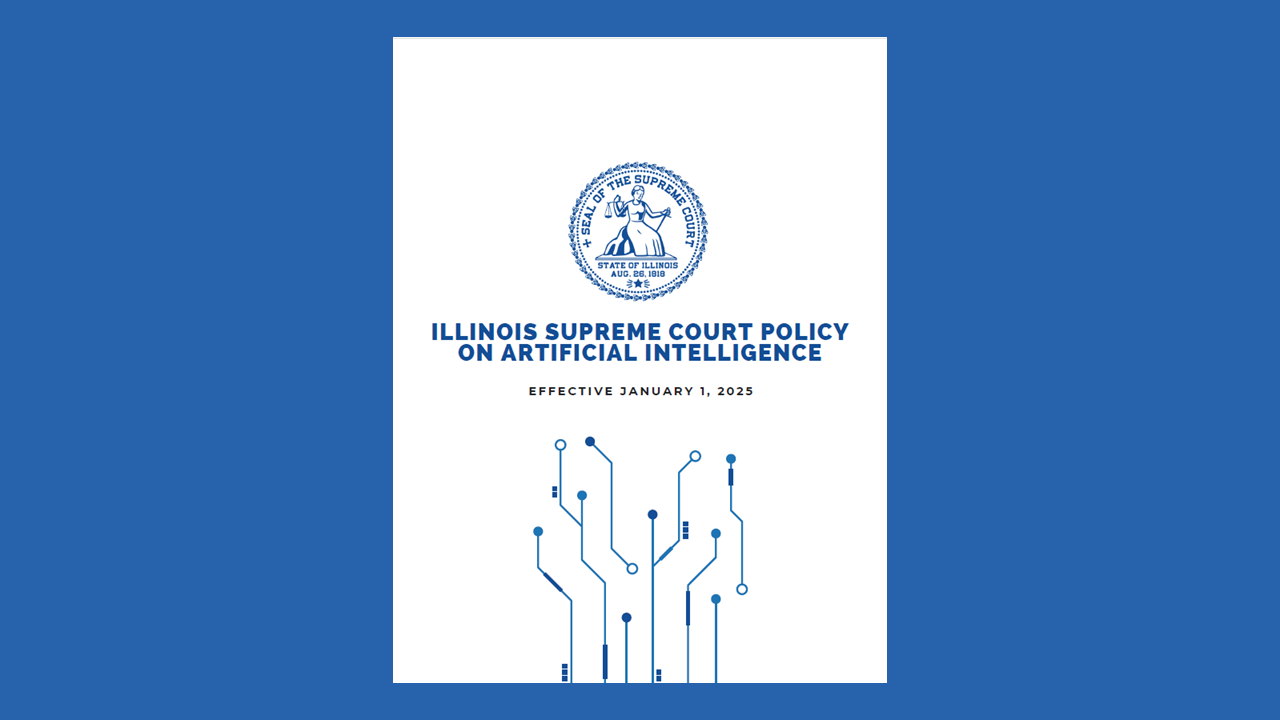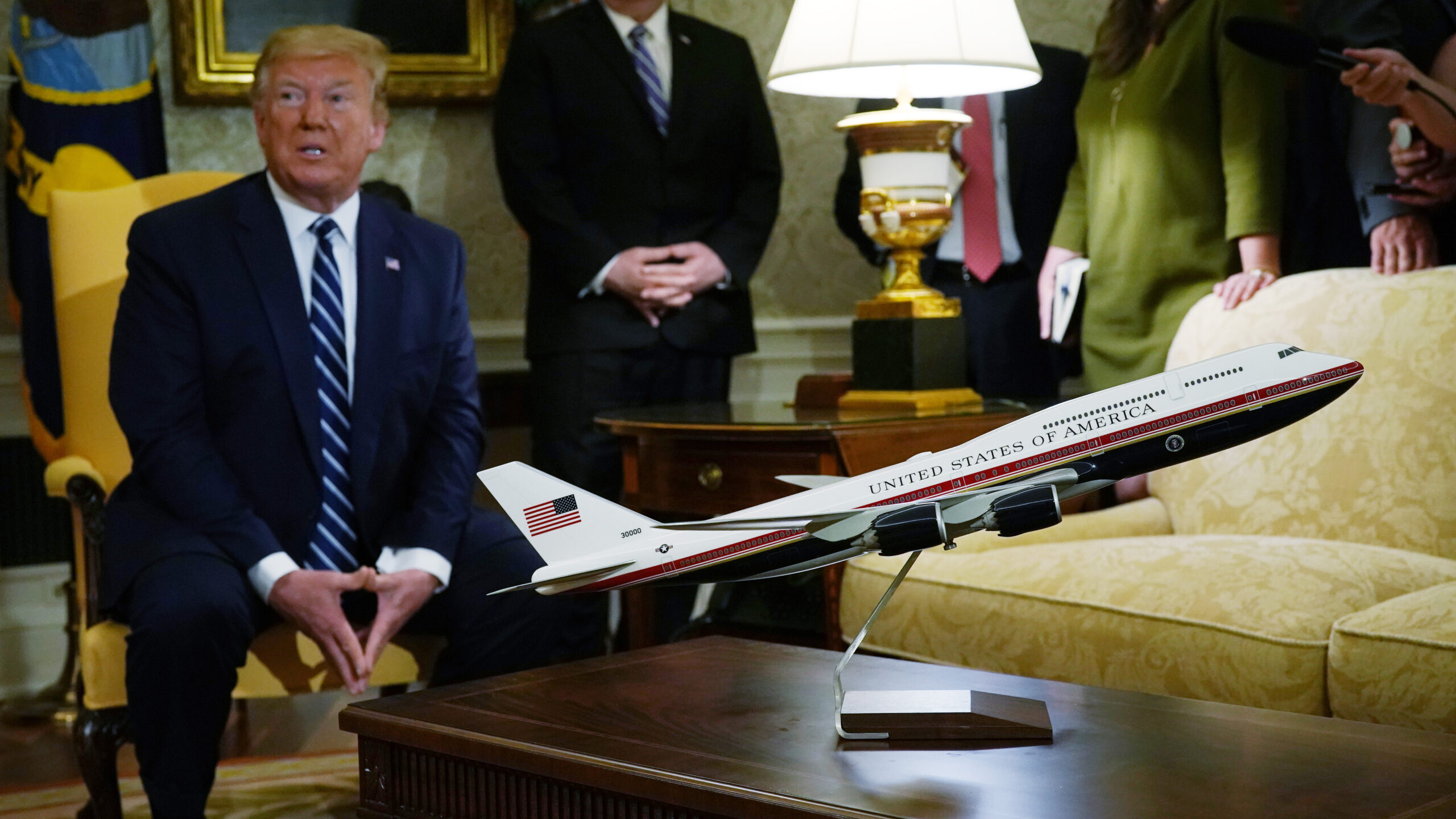(Photo
by
Alex
Wong/Getty
Images)
As
Chief
Justice
of
the
United
States,
John
Roberts
prepares
a
year-end
report,
ostensibly
to
communicate
with
the
American
people
—
or
Congress
—
about
the
state
of
the
federal
judiciary
and
his
vision
for
the
branch’s
future.
His
approach
this
year
is
to
condescend
to
the
public
while
ignoring
every
useful
area
of
inquiry
about
the
court
system.
Because
he
thinks
everyone
is
too
stupid
to
care.
In
the
past,
he’s
contemptuously
told
his
audience
that
he’s
aware
of
widespread
corruption
in
the
judiciary
but
that
his
plan
to
fix
it
was
“f**k
you,
that’s
what.”
When
that
didn’t
go
over,
he
pivoted
the
next
year
—
the
year
when
we
already
knew
that
one
of
the
justices
had
accepted
at
least
half
a
million
in
luxury
gifts
under
the
table
and
another
took
a
private
plane
to
vacation
with
a
party
with
interests
before
the
Court
—
with
a
lengthy
discourse
on
the
history
of
typewriters.
Roberts
certainly
holds
the
public
in
low
esteem,
but
it’s
still
amazing
that
he
can’t
even
muster
the
energy
to
pretend
to
respect
them
for
a
pamphlet
he
writes
once
a
year.
This
year,
Roberts
abandons
last
year’s
trolling
effort
and
saves
us
from
a
detailed
lesson
on
the
history
of
the
Bates
Stamp.
Instead,
he
returns
to
flimsy
claims,
contradictions,
and
gaslighting.
He
compares
having
a
cross
burned
on
a
judge’s
lawn
to
mean
people
posting
on
Twitter!
Of
course,
attempts
to
intimidate
need
not
physically
harm
judges
to
threaten
judicial
independence.
In
earlier
times,
these
provocations
usually
were
directed
at
judges’
homes.
Perhaps
the
most
egregious
example
involved
U.S.
District
Judge
Julius
Waties
Waring.
As
a
judge
in
South
Carolina
from
1942
to
1952,
Judge
Waring
issued
numerous
rulings
opening
voting
and
educational
opportunities
for
Black
Americans.
Local
residents
outraged
by
these
decisions
burned
a
cross
in
the
judge’s
lawn,
fired
gunshots
at
his
home,
and
hurled
a
large
lump
of
concrete
through
his
front
window….
Today,
in
the
computer
era,
intimidation
can
take
different
forms.
Disappointed
litigants
rage
at
judicial
decisions
on
the
Internet,
urging
readers
to
send
a
message
to
the
judge.
Methinks
this
analogy
got
away
from
him.
But
it’s
clear
what
he’s
trying
to
do.
He
wants
people
to
stop
pointing
out
that
Thomas
got
an
RV
paid
for
by
a
health
care
executive
or
that
Alito
is
coup
curious.
So
he
wraps
himself
in
the
heroic
robes
of
Judge
Waring
—
a
trick
he
often
employs
in
these
reports
—
to
suggest
Reddit
posts
are
the
new
cross
burnings.
He
assumes
everyone
is
dumb
enough
to
buy
that.
His
issue
with
intimidation
is
one
of
four
areas
of
concern
he
highlights
this
year
after
a
preamble
where
he
claims
the
best
thing
about
America
is
the
fact
that
judges
can
be
criticized.
Now
the
“I’m
not
thin-skinned,
but…”
part
of
the
report:
Unfortunately,
not
all
actors
engage
in
“informed
criticism”
or
anything
remotely
resembling
it.
I
feel
compelled
to
address
four
areas
of
illegitimate
activity
that,
in
my
view,
do
threaten
the
independence
of
judges
on
which
the
rule
of
law
depends:
(1)
violence,
(2)
intimidation,
(3)
disinformation,
and
(4)
threats
to
defy
lawfully
entered
judgments.
Violence
is
obviously
bad.
Though
it
only
makes
its
way
into
this
report
to
poison
the
well
by
falsely
equating
routine
criticism
with
violence.
Indeed,
he
directly
tries
to
blur
the
lines
here
and
suggest
that
disgruntled
Substack
critic
from
above
could
promote
violence.
Public
officials,
too,
regrettably
have
engaged
in
recent
attempts
to
intimidate
judges—for
example,
suggesting
political
bias
in
the
judge’s
adverse
rulings
without
a
credible
basis
for
such
allegations.
Within
the
past
year
we
also
have
seen
the
need
for
state
and
federal
bar
associations
to
come
to
the
defense
of
a
federal
district
judge
whose
decisions
in
a
high-profile
case
prompted
an
elected
official
to
call
for
her
impeachment.
Attempts
to
intimidate
judges
for
their
rulings
in
cases
are
inappropriate
and
should
be
vigorously
opposed.
Public
officials
certainly
have
a
right
to
criticize
the
work
of
the
judiciary,
but
they
should
be
mindful
that
intemperance
in
their
statements
when
it
comes
to
judges
may
prompt
dangerous
reactions
by
others.
Except…
impeachment
is
the
constitutionally
blessed
mechanism
for
public
officials
to
address
judicial
misbehavior.
Roberts
doesn’t
name
the
judge
here
—
in
a
social
media
conversation
with
Reuters’
Nate
Raymond,
we
questioned
whether
this
refers
to
Judge
Chutkan
or
Judge
Cannon.
The
description
Roberts
concocts
doesn’t
precisely
fit
either
judge.
Which
might
be
why
he
leaves
it
vague
as
an
empty
signifier
to
either
side
of
the
Trump
criminal
case
question.
“Suggesting
political
bias
in
the
judge’s
adverse
rulings
without
a
credible
basis
for
such
allegations,”
is
the
height
of
bad
faith.
The
Court
is
junking
decades
of
precedent
every
term
while
enjoying
vacations
with
right-wing
activists.
Will
Roberts
at
least
engage
this
issue?
No.
Because
pre-empting
the
best
opposing
arguments
is
good
legal
writing
and
the
Roberts
report
is…
not
that.
Disinformation,
even
if
disconnected
from
any
direct
attempt
to
intimidate,
also
threatens
judicial
independence.
This
can
take
several
forms.
At
its
most
basic
level,
distortion
of
the
factual
or
legal
basis
for
a
ruling
can
undermine
confidence
in
the
court
system.
Our
branch
is
peculiarly
ill-suited
to
combat
this
problem,
because
judges
typically
speak
only
through
their
decisions.
We
do
not
call
press
conferences
or
generally
issue
rebuttals.
“Typically
speak
only
through
their
decisions”
says
the
guy
running
a
Court
that
routinely
changes
the
law
without
issuing
written
opinions.
Perhaps,
if
he’s
so
concerned
about
disinformation,
he
could
address
the
problems
with
the
shadow
docket
and
his
plans
to
address
those.
But
he
won’t,
because
this
is
not
a
serious
report.
I’ve
seen
some
online
chatter
that
this
might
be
aimed
at
Trump
misleading
his
throng
about
court
decisions.
And
while
that
might
have
been
a
concern,
that
evaporated
with
his
reelection
and
the
fully
compliant
judicial
system
he
now
enjoys.
More
likely,
this
is
a
bid
to
undermine
the
public’s
faith
in
legal
analysis.
The
public
doesn’t
necessarily
appreciate
how
much
obfuscation
exists
in
rulings
by
design
let
alone
when
a
judge
affirmatively
tries
to
muddy
the
waters.
When
a
court
tries
to
say
“oh,
we
didn’t
really
do
what
the
analysts
are
saying,
we
decided
it
on
standing!”
the
public
relies
on
legal
analysts
to
cut
through
this
nonsense
and
explain
what
they’ve
actually
done.
The
final
threat
to
judicial
independence
is
defiance
of
judgments
lawfully
entered
by
courts
of
competent
jurisdiction.
This
is
pure
gaslighting.
While
this
could
refer
to
a
lot
of
stuff,
it
seems
most
closely
related
to
the
judge
shopping
controversy
that’s
given
rise
to
conservative
activists
nullifying
national
laws
by
filing
in
jurisdictions
like
Amarillo
where
a
former
right-wing
interest
group
lawyer
sits
on
the
bench
and
is
the
only
possible
judge
to
hear
the
case.
There’s
not,
in
fact,
a
lot
of
conversation
about
wholesale
ignoring
court
rulings.
There
is
talk
of
not
letting
the
FDA
operate
at
the
whims
of
a
Texas
judge
elevated
for
his
partisan
leanings.
In
practice,
the
reform
would
take
the
shape
of
some
kind
of
jurisdiction
stripping
effort
to
limit
nationwide
injunctions
or
force
these
cases
about
federal
agencies
into
the
D.C.
courts.
Which
is
a
long
way
from
“defiance
of
judgments
lawfully
entered
by
courts
of
competent
jurisdiction.”
This
seems
an
opportunity
for
Roberts
to
deal
with
this
nuance.
He
won’t.
This
is,
theoretically,
the
judicial
equivalent
of
the
State
of
the
Union
address.
Not
that
every
State
of
the
Union
provides
a
wealth
of
details,
but
presidents
do
feel
shamed
into
at
least
spinning
the
issues
plaguing
their
administrations.
Roberts
goes
the
other
way,
with
eight-and-a-half
pages
ignoring
the
collapse
in
public
confidence
in
the
courts
and
the
ethical
cesspool
he’s
running
and
insinuating
that
everything
is
the
fault
of
those
pesky
critics.
America
should
demand
more
from
a
Chief
Justice.
But
it
won’t.
(Full
report
on
the
next
page…)
This
is
neither
here
nor
there,
but
in
light
of
the
term
limits
conversation,
it’s
notable
that
Roberts
opened
the
report
reinforcing
one
of
the
great
textual
lies
out
there:
In
December
1761,
a
little
more
than
one
year
into
what
would
be
a
fifty-nine
year
reign,
King
George
III
decreed
that
from
that
date
forward,
colonial
judges
were
to
serve
“at
the
pleasure
of
the
Crown.”
This
royal
edict
departed
from
the
long-standing
practice
in
England,
enshrined
by
Parliament
in
the
1701
Act
of
Settlement,
of
allowing
judges
to
retain
their
offices
“during
good
behavior.”
This
is
your
periodic
reminder
that
the
Constitution
does
not
actually
say
judges
enjoy
life
tenure.
The
idea
that
judges
are
destined
to
hold
office
for
life
is
just
the
court’s
interpretation
of
the
phrase
“during
good
behavior.”
There’s
some
historical
support
for
this
interpretation
—
Hamilton
suggests
the
language
means
“permanent”
(query
whether
he
would
understand
that
term
as
life-long
as
opposed
to
shielded
from
at
will
firing)
but
there’s
also
support
for
the
alternative
reading
that
“during
good
behavior”
is
just
an
impeachment
standard,
to
contrast
it
with
the
much
higher
threshold
of
proving
“high
crimes
and
misdemeanors.”
Essentially,
it
just
means
they
can
be
impeached
for
just
being
a
drunk.
Or
maybe…
grossly
mismanaging
the
judiciary
that
is
the
Chief’s
job?
Food
for
thought.
“Good
behavior”
bars
firing
judges
for
no
reason.
Would
it
bar
a
neutral
limitation
of
their
term?
Given
that
the
structure
of
the
judiciary
is
created
by
statute,
is
there
any
reason
why
active
panels
can’t
be
limited
to
the
most
recently
appointed
group
of
judges
(as
long
as
those
moved
off
the
panel
don’t
have
their
pay
diminished)?
These
are
good
questions!
He
will
not
engage
them.
Earlier:
John
Roberts
Once
Again
Uses
Judiciary’s
Annual
Report
To
Express
His
Utmost
Contempt
For
The
Public
Chief
Justice
Wants
You
To
Know
He
Has
The
Utmost
Contempt
For
You
Chief
Justice’s
Annual
Report
Recounts
65-Year-Old
Tale
Of
Judicial
Heroism
To
Remind
You
There
Isn’t
Any
Today
 Joe
Joe
Patrice is
a
senior
editor
at
Above
the
Law
and
co-host
of
Thinking
Like
A
Lawyer.
Feel
free
to email
any
tips,
questions,
or
comments.
Follow
him
on Twitter or
Bluesky
if
you’re
interested
in
law,
politics,
and
a
healthy
dose
of
college
sports
news.
Joe
also
serves
as
a
Managing
Director
at
RPN
Executive
Search.













 Olga
Olga


